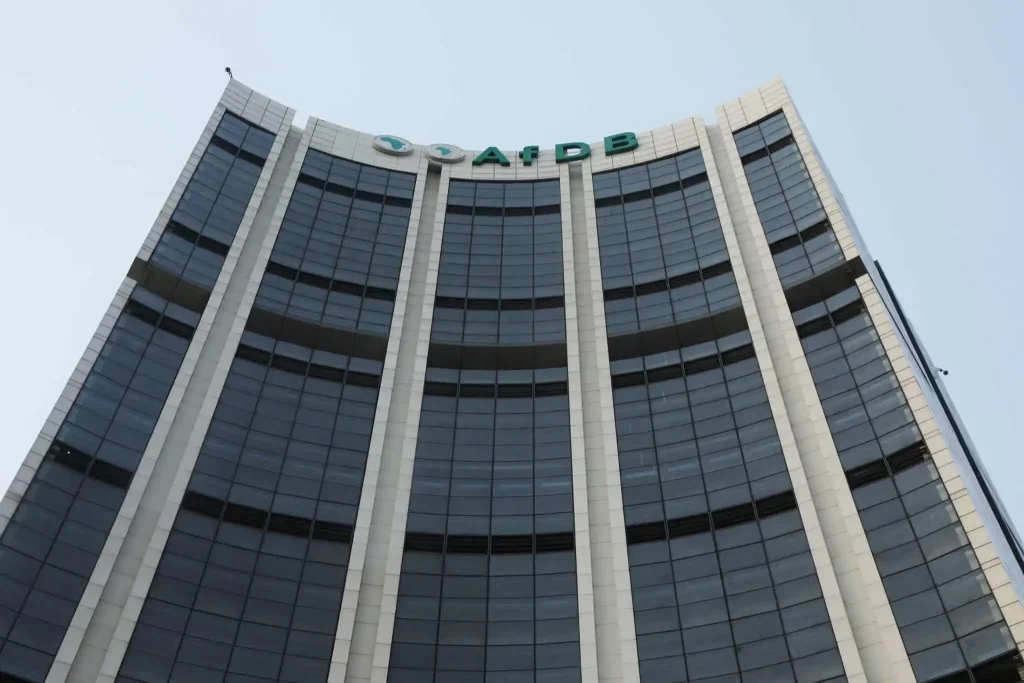The African Development Bank (AfDB) is set to elect a new president this week in Abidjan, Ivory Coast,.
This is as it confronts a significant funding crisis triggered by a proposed $555 million cut from the United States, its second-largest shareholder.
U.S. Funding Cut and Its Implications
On May 2, 2025, the Trump administration announced plans to eliminate $555 million in contributions to the AfDB and its African Development Fund (ADF), which provides low-cost financing to Africa’s poorest nations.
This cut, part of broader foreign aid reductions in the U.S. fiscal year 2026 budget, threatens the ADF’s 17th replenishment cycle (2026–2028), targeting $25 billion.
Hannah Ryder, founder of Development Reimagined, described the funding cut as “the new president’s first test,” emphasizing the need to either persuade the U.S. to reverse its decision, or secure alternative funding from non-regional members like China or Gulf states (e.g., Saudi Arabia, UAE).
Adding that AfDB could urge African states to increase contributions.
According to Fred Muhumuza of Makerere University, he stated that the cut exacerbates challenges posed by a shifting global economy with U.S. import tariffs under Trump’s administration adding pressure.
The Presidential Election
Five candidates are competing to succeed outgoing President Akinwumi Adesina, who steps down in September 2025 after two five-year terms:
- Amadou Hott (Senegal)
- Swazi Bajabulile Tshabalala (South Africa)
- Samuel Munzele Maimbo (Zambia)
- Sidi Ould Tah (Mauritania)
- Abbas Mahamat Tolli (Chad)
The election, set for Thursday, May 29, 2025, requires the winner to secure 50.01% of votes from the 54 African member states in the first round, followed by a second vote including all 81 members, encompassing non-African shareholders like the U.S. and Japan.
Challenges for the New President
The new president will inherit a bank navigating a complex global landscape.
The AfDB supports critical projects in energy, infrastructure, and health across its member states, but reduced funding from key contributors, including the U.S., threatens growth.
Muhumuza noted that the meeting will likely address the broader implications of Trump’s policies, as many donors have scaled back bilateral aid to Africa.
Ryder suggested that engaging Gulf countries for funding could involve offering greater influence within the bank, while increasing African contributions may strain already stretched budgets.
Broader Context and Sentiment
The AfDB’s annual meeting in Abidjan, attended by heads of state and finance officials, coincides with Côte d’Ivoire’s efforts to project stability after quashing coup rumors.
The new president will need to balance diplomatic efforts to restore U.S. funding, diversify revenue sources, and maintain the AfDB’s mission amid global economic shifts.
As the bank prepares for the ADF replenishment in November 2025, the outcome of this election will shape Africa’s development trajectory.























